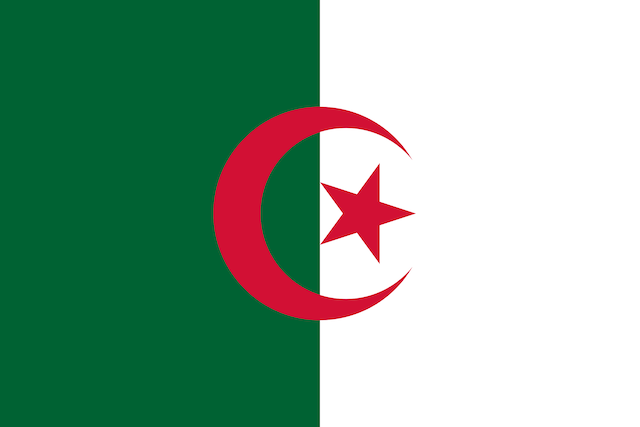

YachtFlags.com provides high quality courtesy flags that are manufactured in durable Knitted Polyester fabric. Knitted so that the fabric itself does not deteriorate in the constant movement that marine flags are usually exposed to, and polyester so that the flag does not weaken in the strong UV-light usually found in the main sailing areas of the world.
YachtFlags.com offers a discount to Noonsite members.
Use the coupon code NOONSITE-5A2B when checking out to get 10% off today.

YachtFlags.com provides high quality courtesy flags that are manufactured in durable Knitted Polyester fabric. Knitted so that the fabric itself does not deteriorate in the constant movement that marine flags are usually exposed to, and polyester so that the flag does not weaken in the strong UV-light usually found in the main sailing areas of the world.
YachtFlags.com offers a discount to Noonsite members.
Use the coupon code NOONSITE-5A2B when checking out to get 10% off today.



YachtFlags.com provides high quality courtesy flags that are manufactured in durable Knitted Polyester fabric. Knitted so that the fabric itself does not deteriorate in the constant movement that marine flags are usually exposed to, and polyester so that the flag does not weaken in the strong UV-light usually found in the main sailing areas of the world.
YachtFlags.com offers a discount to Noonsite members.
Use the coupon code NOONSITE-5A2B when checking out to get 10% off today.
We are not seeing users access Algeria information regularly. We are prioritizing and focusing efforts on keeping the most visited countries up to date.
If you plan to visit Algeria or believe that we have made an error, please send us an email at noonsite@noonsite.com. We will assign a team member to work with our contacts to update the formalities information that you are interested in. If you have visited Algeria on a yacht, we would love to hear from you, please send us an email or leave a comment about your experience.If you aren’t already, please consider becoming a paid member to enjoy unlimited use of Noonsite, exclusive content, and other perks. Membership fees help to keep country information up to date in support of cruisers worldwide. Find out more about Noonsite Membership levels and benefits.
Thank you for your understanding and support of Noonsite. We value our readers and contributors and welcome comments and corrections to the data that we provide.
If you have information for this section, or feedback on businesses used, please let us know at editor@noonsite.com. We also welcome new information about businesses you have used (see Related Businesses).
As a free user of Noonsite you are restricted to viewing 3 country formalities per month. You have viewed 0 formalities this month – but can view the countries you have accessed to date as many times as you want.
Become a Noonsite Member and you can view unlimited formalities each month and enjoy additional member benefits. Membership fees help our team keep country formalities information up-to-date in support of cruisers worldwide.
Find out more about membership levels and Become a Noonsite Member.